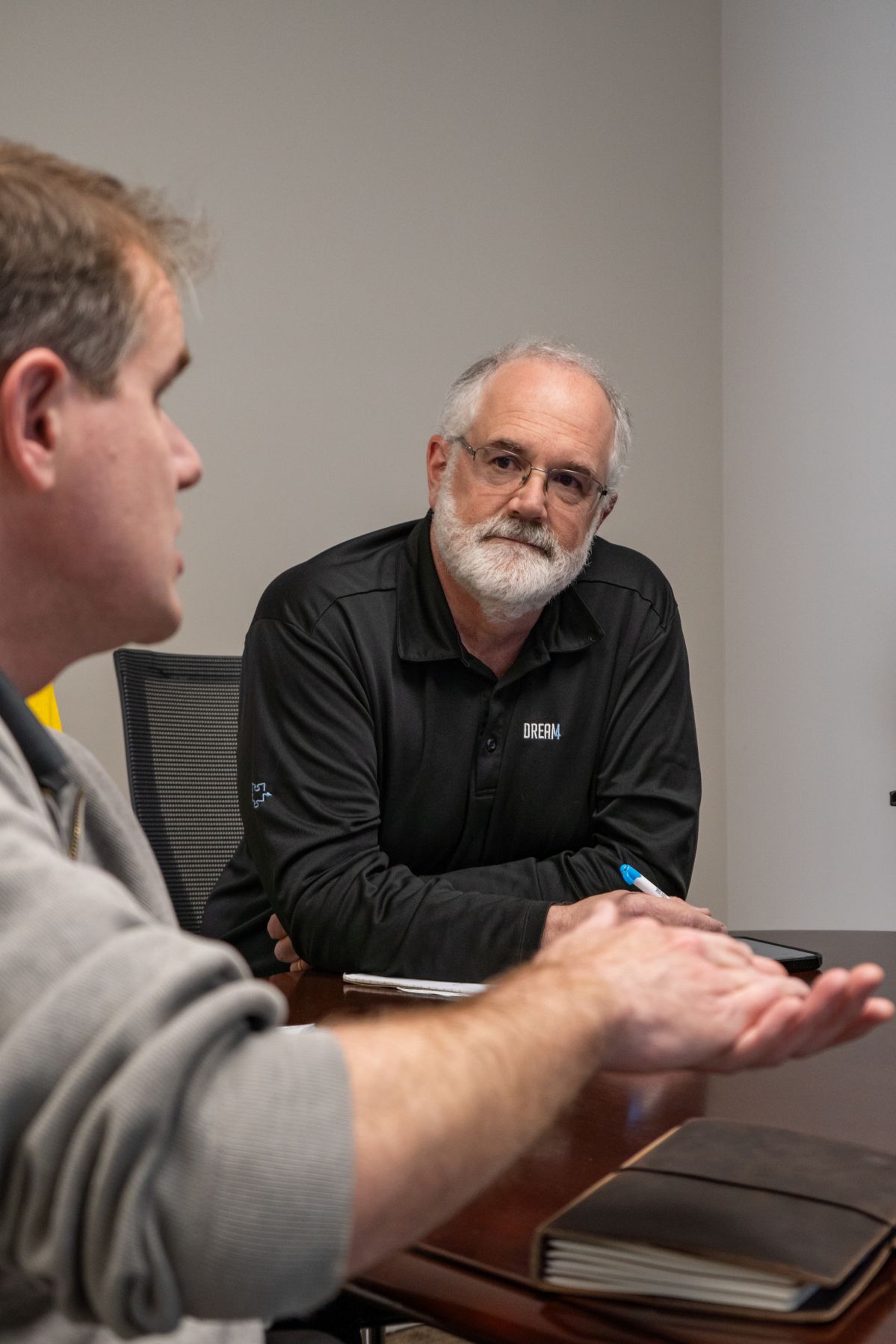Frequently Asked Questions
Can’t find the answer you’re looking for? Let’s connect to see how we can help.
What's the difference between personal coaching and leadership coaching?
Personal coaching focuses on individual growth and development across various professional and personal dimensions. Leadership coaching specifically targets skills needed to effectively lead teams, including delegation, motivation, and strategic thinking.
When and where do coaching sessions take place?
Coaching sessions take place during work hours while team members are on the clock at intervals that best suit your needs. Our regular cadence of coaching is every 4-6 weeks, though we customize frequency based on goals and timeline requirements. Coaching can take place online via virtual meetings, or over the phone. Local clients can opt for in-person coaching.
What are the benefits of coaching?
Coaching provides a structured approach to personal and professional development, helping people solve real problems while gaining skills that benefit both their careers and personal lives. Organizations see improved retention, satisfaction, and productivity.
How long does a typical coaching engagement last?
Most organizations see optimal results with a 12-month initial engagement, though we offer flexible terms from 3-month to multi-year partnerships. This allows for meaningful behavior change, skill development, and cultural transformation. Many clients continue beyond their initial term as they see the ongoing value of supporting their people’s growth and development.
What is the ROI of coaching?
Organizations implementing our coaching programs typically see measurable improvements in employee retention, productivity, and engagement. Our assessment tools provide concrete data on progress and growth throughout the coaching relationship.
Is the coaching process confidential?
Yes, confidentiality is a cornerstone of our coaching relationship. While overall themes and progress may be shared with management (with permission), specific discussions remain private between coach and participant.
Still have questions?
Partner with us




